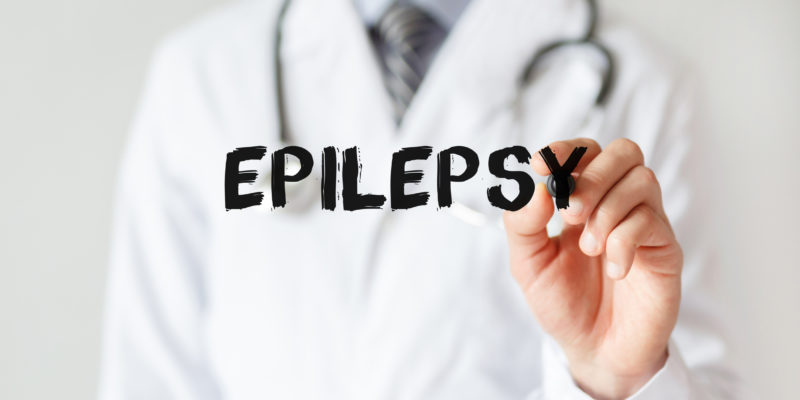If you have seizures or are the parent of a child who has seizures, then…

What Triggers Seizures
Seizures, which are simply uncontrolled brain activity, may have a variety of different triggers. They may also appear without any apparent triggers. Learning what might trigger a seizure is the first step to learning about your or your child’s personal triggers. Knowing what to avoid can help reduce the number of seizures a person experiences, though it is unlikely to completely eliminate them.
What causes seizures?
The cause of a seizures and what triggers seizures are not the same thing. Seizure disorder, also known as epilepsy, is a neurological condition that impacts the brain and nerves. A seizure refers to abnormal brain activity. Seizures can be genetic, the result of other medical conditions, or the result of head injuries. However, in about half of all cases there is no known cause.
What triggers seizures?
Triggers are personal to each person with epilepsy. Not all people will respond to triggers with seizures and avoiding triggers will not help all people with epilepsy. However, there are some things that are known to frequently trigger seizures in people with epilepsy.
- Lack of sleep. Things happen in the brain during sleep. While we do not fully understand them, we know that sleep is critical for proper brain function. Missing sleep can aggravate seizures. Unfortunately, epilepsy and some epilepsy medications can make it more difficult to sleep. Make sure your doctor knows if you are having difficulty sleeping.
- Stress. Stress can cause seizures. Like lack of sleep, medical science does not fully understand the relationship between stress and other health risks. However, we do know that stress and anxiety can trigger seizures. We also know that they are common in people with epilepsy. As with the lack of sleep, make sure your doctor knows if you are experiencing unusual stress or anxiety.
- Alcohol and recreational drugs. Substances that alter your brain chemistry alter your brain chemistry. Usually a casual number of drinks (1 to 2 drinks, a couple of times a week) will not trigger seizures, though everyone is different. Binge drinking is more likely to trigger seizures. In addition, stopping drinking if you have a drinking problem can cause seizures. Recreational drugs are more difficult to pin down, often because it is hard to know their exact components.
- Missing medication. Most people with epilepsy are on a medication regimen designed to reduce or eliminate seizures. Missing medication is the primary cause of breakthrough seizures.
- Menstruation. Hormone changes can trigger seizures. This means menstruation and it also means menopause and pregnancy. Sometimes hormone-based birth control pills can increase seizures, but the effect is individualized.
- Illnesses. Being sick, especially if you have a high fever or get dehydrated, can make you more prone to seizures. In addition, there may be medication interactions with common over-the-counter medications.
Do flashing lights trigger seizures?
Sometimes. While flashing lights are widely known to be a cause of seizures, they actually only trigger seizures in a small percentage of people with epilepsy. Other things known to trigger seizures, but that impact a small percentage of people include herbal medications, nutrient deficiencies, and, in some people CBD or marijuana use.



